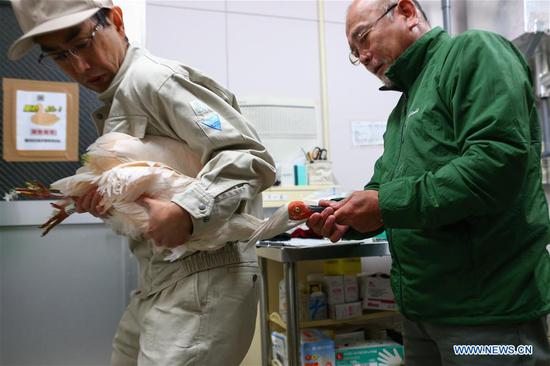A reduction by China in holdings of U.S. Treasury securities may become normal in the next few months as the country strives to prevent potential risks in the markets amid the ongoing trade war with the U.S., experts told the Global Times Wednesday.
China's holdings of U.S. Treasury securities fell for a third consecutive month in August to $1.1651 trillion, down $5.9 billion from July and the lowest level since June 2017, according to data released by the U.S. Treasury on Tuesday.
China remains the largest holder of U.S. Treasury securities, followed by Japan, which also cut its holdings from $1.0355 trillion in July to $1.0299 trillion in August as shown in the Treasury data.
"The small reduction of holdings cannot represent a so-called 'weapon' that China would deploy in retaliation over trade with the U.S. as some media reports have claimed," said Cao Yuanzheng, chairman of BOCI Research.
Cao told the Global Times on Wednesday that the Chinese government would not deliberately expand the trade tensions to the bond market, and the reduction is mainly intended to avoid risks as U.S. yields rise.
U.S. Treasury Secretary Steven Mnuchin said on Friday he is not worried about China selling its stockpile of U.S. Treasuries since there is plenty of demand for U.S. government bonds, according to a report by CNBC.
Dong Dengxin, director of the Wuhan University of Science and Technology's Finance and Securities Institute, told the Global Times on Wednesday that as the largest holder of U.S. Treasuries, China's reduction move has a demonstration effect.
Given the escalating trade tension, China should avoid risks, Dong noted, adding that "quite a large portion" of China's dollar-denominated reserves are held in the form of U.S. Treasuries.
"China is drawing down more U.S. dollar reserves as demand for the purposes of outbound investment and payments has climbed, so more bonds need to be sold and monetized," Dong said.
In September, China's foreign exchange reserves was $3.09 trillion, down 0.7 percent month-on-month according to data from the State Administration of Foreign Exchange.
Industry insiders said about 60 percent of the nation's foreign exchange reserves are in dollar-denominated assets.


















































